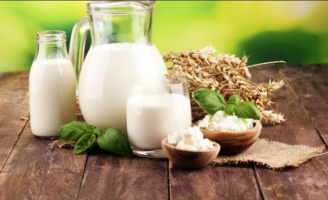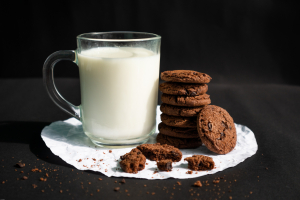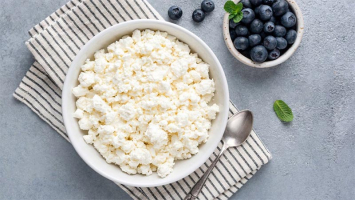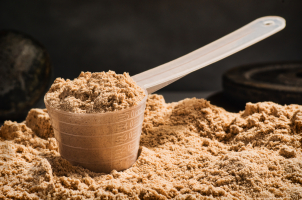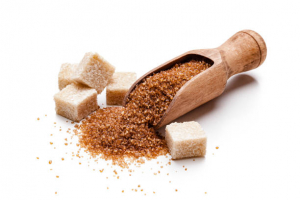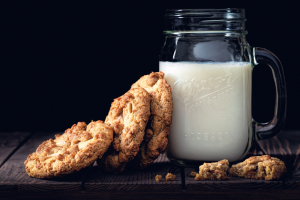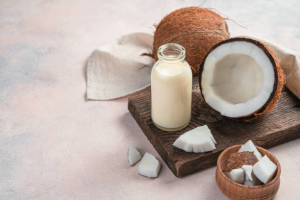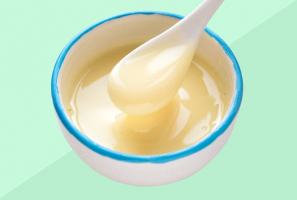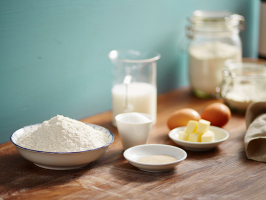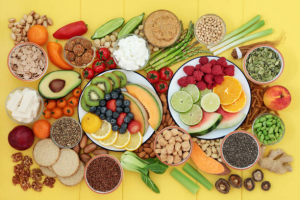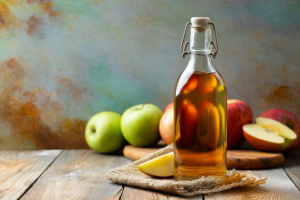Top 6 Best Milk Powder Substitutes
Regular milk is converted into a powder by eliminating the moisture to create powdered milk, also known as dry milk. Powdered milk doesn't need to be ... read more...refrigerated and has a significantly longer shelf life than liquid milk because of its low moisture content. Reconstituted dry milk can be used instead of ordinary milk in your favorite recipes when combined with water. But you can also use the powder by itself to thicken liquid-based meals like soups and sauces. Here are the best milk powder substitutes.
-
Reconstituted milk powder may be simply replaced with regular liquid milk. After all, the solids from ordinary milk that have evaporated make up dry milk. Regular milk's nutritional value and flavor, which are comparable to those of powdered milk, are its key advantages. One cup (240 mL) of whole milk provides:
- Calories: 149
- Fat: 8 grams
- Protein: 8 grams
- Carbs: 12 grams
- Calcium: 20% of the Daily Value (DV)
In comparison, 1/4 cup (32 grams) of whole fat milk powder contains:
- Calories: 159
- Fat: 8 grams
- Protein: 8 grams
- Carbs: 12 grams
- Calcium: 22% of the DV
Only use normal milk in recipes that also call for water, such as soups and some baked goods, as regular milk will add liquid to the dish as well. Avoid using ordinary milk in recipes where the liquid might result in an overly soggy or wet end product. 1 cup (240 mL) of ordinary milk should be used in place of 1/4 cup (32 grams) of milk powder. Additionally, you should cut the recipe's original water need by 1 cup (240 mL).
You can substitute milk powder with whole, reduced, or nonfat milk. Just keep in mind that the final product will be creamier and richer the greater the milk's fat content. Additionally, liquid buttermilk is preferable for recipes that call for buttermilk powder since the acid in powdered buttermilk will change the texture and flavor of the dish.
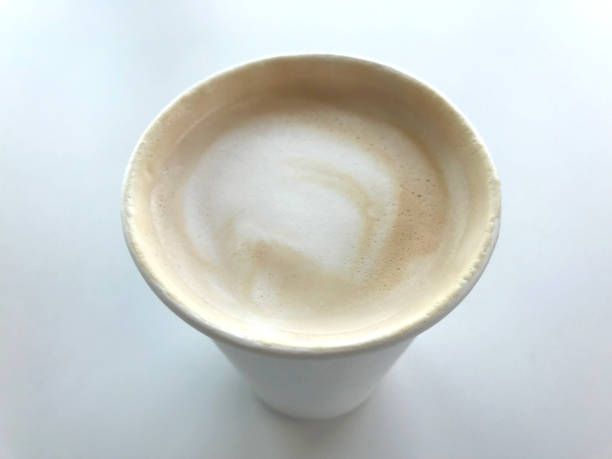
Regular milk 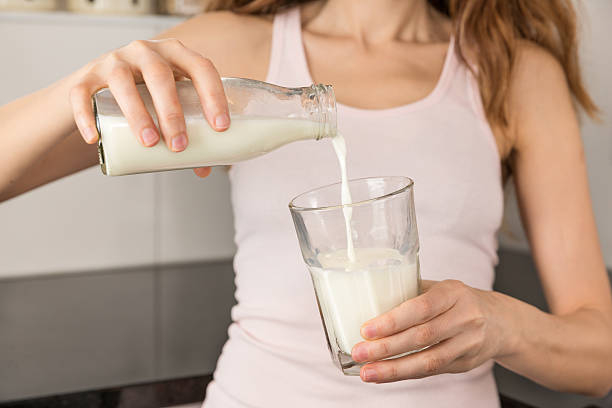
Regular milk -
You can also use liquid milk substitutes, such as almond, oat, or soy milk, to create a dish dairy-free or vegan. Liquid milk substitutes should only be used in recipes that call for both milk powder and extra water, just like when using actual milk. The substitute is also the same: for every 1/4 cup (32 grams) of dry milk and 1 cup (240 mL) of liquid in the original recipe, use 1 cup (240 mL) of milk alternative.
Use 1 cup (240 mL) of a milk substitute and 1 tablespoon (15 mL) of vinegar or lemon juice in place of buttermilk powder. Before adding the mixture to your recipe, let it sit for 5 to 10 minutes. If you use plant-based milk in place of animal milk, your sweet or savory dish's nutritional value and flavor will change since plant-based milk has various types and levels of nutrients as well as tastes.
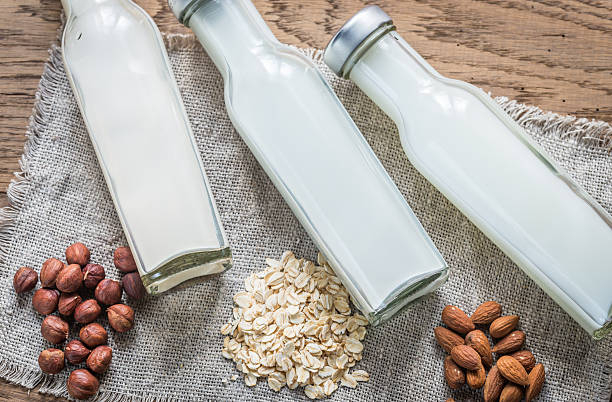
Liquid nondairy alternatives 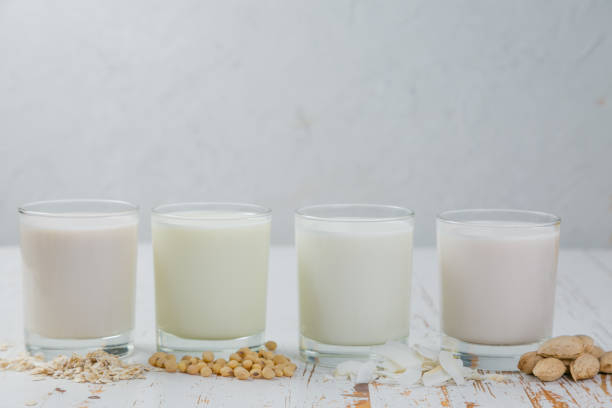
Liquid nondairy alternatives -
Coconut milk powder is created by spray-drying coconut milk or cream, which should not be mistaken with desiccated coconut, which is the dried and shredded coconut flesh. Coconut milk powder, which is one-fourth cup (32 grams), has 240 calories, 20 grams of fat, 4 grams of protein, and 8 grams of carbohydrates.
Coconut milk powder is a fantastic full-fat milk powder alternative because of its high-fat content. It is very effective in soups, curries, and sauces. However, coconut milk powder might make baked items heavier as it has more fat than whole milk powder. Coconut milk naturally lacks dairy and lactose and is vegan. But some varieties of coconut milk powder also include sodium caseinate, which is a protein produced from milk. Unless otherwise specified on the box, coconut milk can be replaced for milk powder at a 1:1 ratio in most cases.
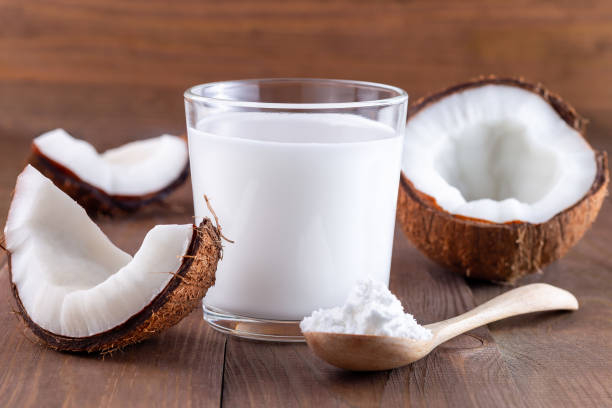
Coconut milk powder 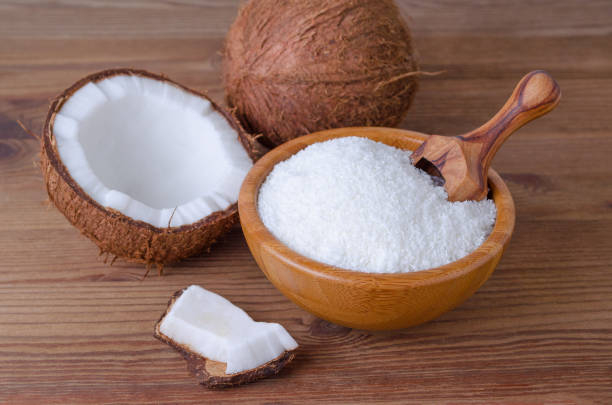
Coconut milk powder -
Another great non-dairy substitute for milk powder is soy milk powder. Soy milk powder has a lengthy shelf life, similar to powdered milk. In terms of nutrients, it is more comparable to powdered milk than other non-dairy options. Despite brand differences in nutrition information, 1/4 cup (19 grams) of soy milk powder has about 90 calories, 3.5 grams of fat, 8 grams of protein, 6 grams of carbohydrates, and 4% of the daily value (DV) for calcium.
In almost any recipe, including those for baked products, soy milk powder can be substituted for milk powder at a ratio of 1 to 1. Additionally, it's a practical method to improve the protein content of smoothies and homemade granola bars. Soy milk powder is sometimes sold at specialized health food stores, although ordering it online is usually the most convenient option.
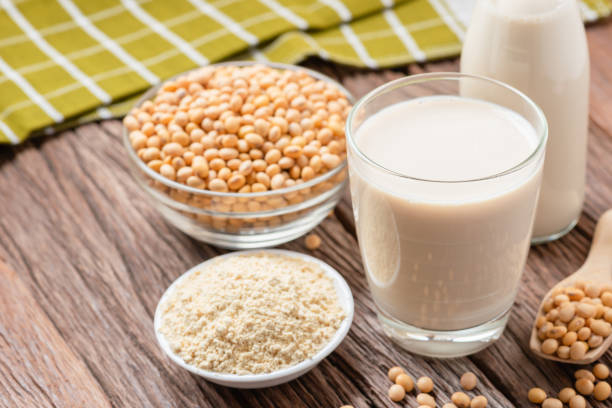
Soy milk powder 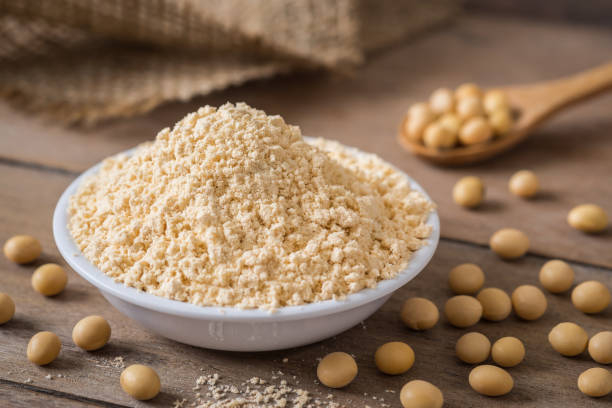
Soy milk powder -
For people who are vegan, lactose intolerant, or have soy or dairy allergies, rice powder, also known as rice flour, is an excellent alternative. Similar to soy milk powder, rice powder is a plant-based, shelf-stable alternative to milk powder that may be used in practically any recipe in equal proportions. It's important to keep in mind, though, that rice powder is frequently sweeter than milk powder. As a result, sweeter foods like sweets, baked goods, granola bars, and smoothies can be the ideal candidates. Even some people use it as a powdered, non-dairy coffee creamer.
In addition, rice powder is poor in protein, fat, and micronutrients including calcium, in contrast to milk powder and soy milk powder. Rice powder has 140 calories, 0 grams of fat, 3 grams of protein, 31 grams of carbohydrates, and 1% of the daily value (DV) for calcium in a quarter cup (39 grams). It might be challenging to find rice powder in retailers. Instead, buying anything online is frequently the simplest option.
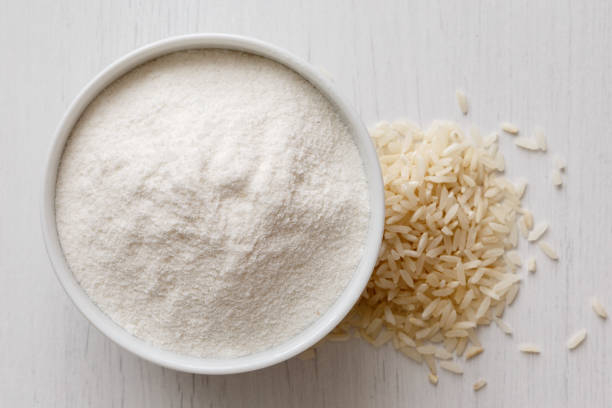
Rice powder 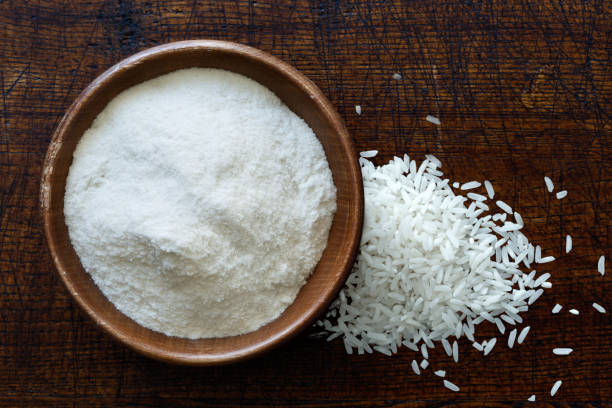
Rice powder -
Although nut powders typically work as a substitute for milk powder, cashew milk powder, in particular, most closely resembles the creamy, slightly sweet texture and flavor of milk powder. Unless otherwise noted on the box, cashew powder can be substituted for milk powder in an equal amount. This substitution tastes great in a wide range of foods, including smoothies, baked goods, and granola bars.
Noting that certain brands appear to clump more frequently than others is also important. As a result, for a smoother consistency when adding cashew milk powder to dishes like soups, you may need to combine the powder with part of the liquid in a blender. About 140 calories, 6 grams of fat, 3 grams of protein, and 20 grams of carbohydrates are included in one-fourth cup (26 grams) of cashew milk powder. Despite being difficult to locate in shops, cashew milk powder may be purchased online.
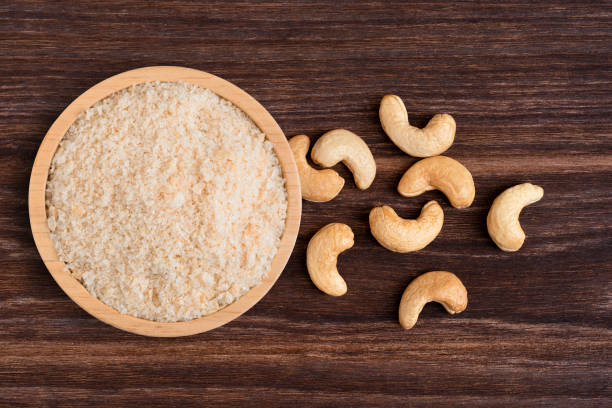
Cashew powder 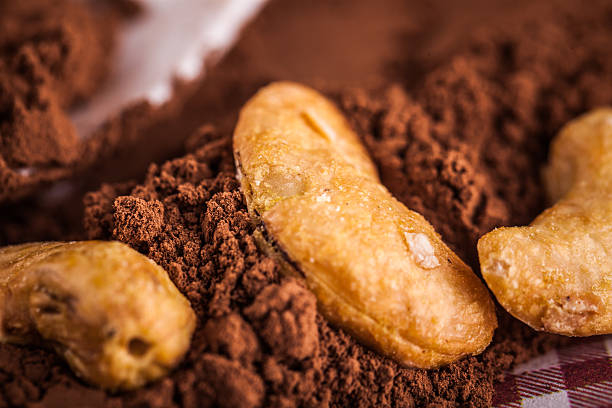
Cashew powder









